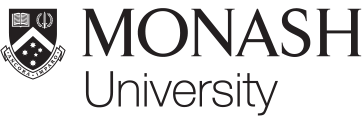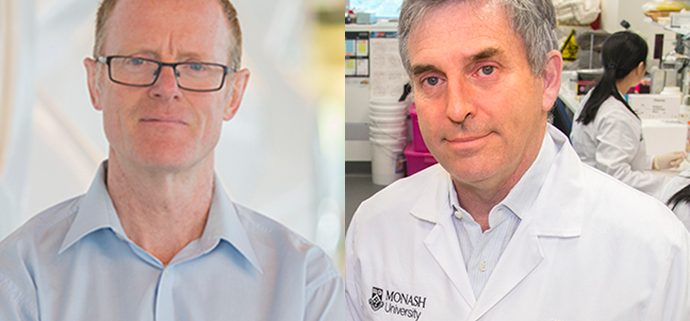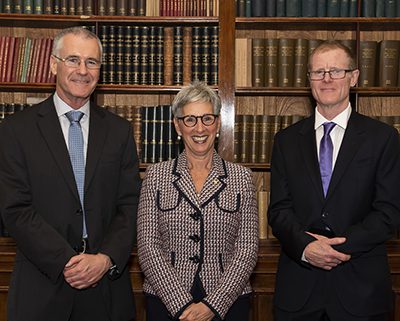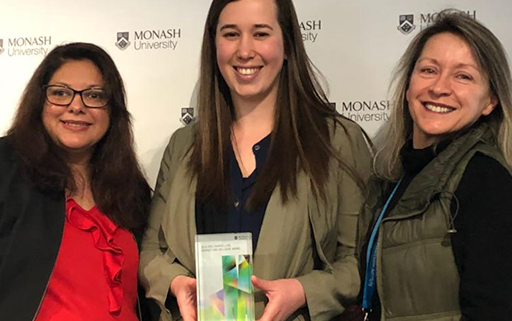Congrats Jamie and the international team on awarded funding for an 8-year research programme from global charitable foundation Wellcome Trust.
A team led by Professor Graham Ogg, Deputy Director of the MRC Translational Immune Discovery Unit (TIDU) and Leader of the Translational Dermatology Unit, alongside Professor Jamie Rossjohn (Monash, Australia and TIDU Affiliate member), Professor Branch Moody (Harvard, USA), Professor Muzlifah Haniffa (Newcastle) and Professor Gurdyal Besra (Birmingham), have received a Wellcome Discovery Award to investigate how immune cells contribute to inflammation.
The research programme will be strongly collaborative, bringing together researchers with complementary skills from the co-applicant laboratories to address how T cells can specifically sense certain lipids which can be indicators of infection or tissue damage.
Immune cells help protect us from infections and other challenges, but can also contribute to different forms of inflammation if not adequately controlled. T cells are a key type of immune cell that circulates in the bloodstream and can enter different organs to sense infection and damage. By understanding how T cells are triggered, the research team aims to gain deeper knowledge about different forms of inflammatory diseases and how they might develop new approaches to treatment.
The Wellcome Discovery Award will also promote training and development opportunities and will facilitate interactions with patients, the public and scientific communities. The discoveries will be made available in open databases, to enable the wider field and drive improvements in human health.






